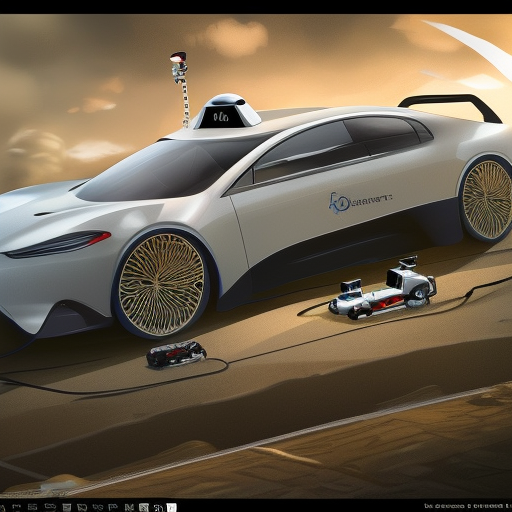
In order to count as "full self driving", it must be at least as safe as a normal, reasonably cautious human driver averaging over all situations, proportional to their likelyhood. In other words, assuming I'm an average driver (and not drunk, etc.) and am not irrationally scared of self-driving cars, I would feel no less safe saying "drive from my house in Florida to this hotel in Atlanta" than I would doing the drive myself. Must be available to the public, but doesn't have to be cheap.
In order to count as "self-sustaining fusion", it needs to either:
Actually be self-sustaining; i.e. they could turn off power to the reactor and it would keep going.
Output no less electricity than it took in, even if that electricity is not what's being used to power the reactor. (If the energy input was not all in the form of electricity, conversion losses must be factored in. It should theoretically be self-sustainable.)
It doesn't have to be economical, nor does it have to produce any extra power.
People are also trading
This appears to be a market about not just 'full self driving' but 'long range' full self driving. The bar for 'self sustaining' in this market seems pretty low, and while I'm not sure if the two experiments so far meet it:
It does seem likely that someone will meet this low bar in the next 5 years.
>> It must be at least as safe as a human driver averaging over all situations, proportional to their likelyhood. In other words, assuming I'm an average driver and am not irrationally scared of self-driving cars, I would feel no less safe saying "drive from my house in Florida to this hotel in Atlanta" than I would doing the drive myself.
Just want to point out a statistical effect that you @IsaacKing are probably aware of.
Assume (idk if it's true) that many (most? 90%?) traffic fatalities are caused by drivers doing stupid things: driving drunk, speeding, not wearing seatbelts, general recklessness. Assume (idk if it's true) that you're the sort of cautious person who would not do this sort of thing. Then it's quite possible that self-driving cars are safer on average than human drivers, but the sort of human driver who would be concerned about safety would be better off avoiding them.
I heard a similar argument about Tesla's impact on the world. A couple years ago a friend of mine interviewed at Tesla. At the time, there was an argument that Tesla cars were safer than human drivers. (Don't know if this is still considered true.) My friend counterargued that Tesla cars were less safe than the drivers they replace -- who (my friend said) tend to be older, richer, and more responsible than the average human driver.
@Boklam Ah, good point. If no one objects, I'll change that to "average among reasonably intelligent and cautious people".
@IsaacKing I object! How the hell do you get statistics to resolve that? What is the current fatal accident rate (per 100 million miles or whatever) among "reasonably intelligent and cautious people"?
I would really like to know this, actually.